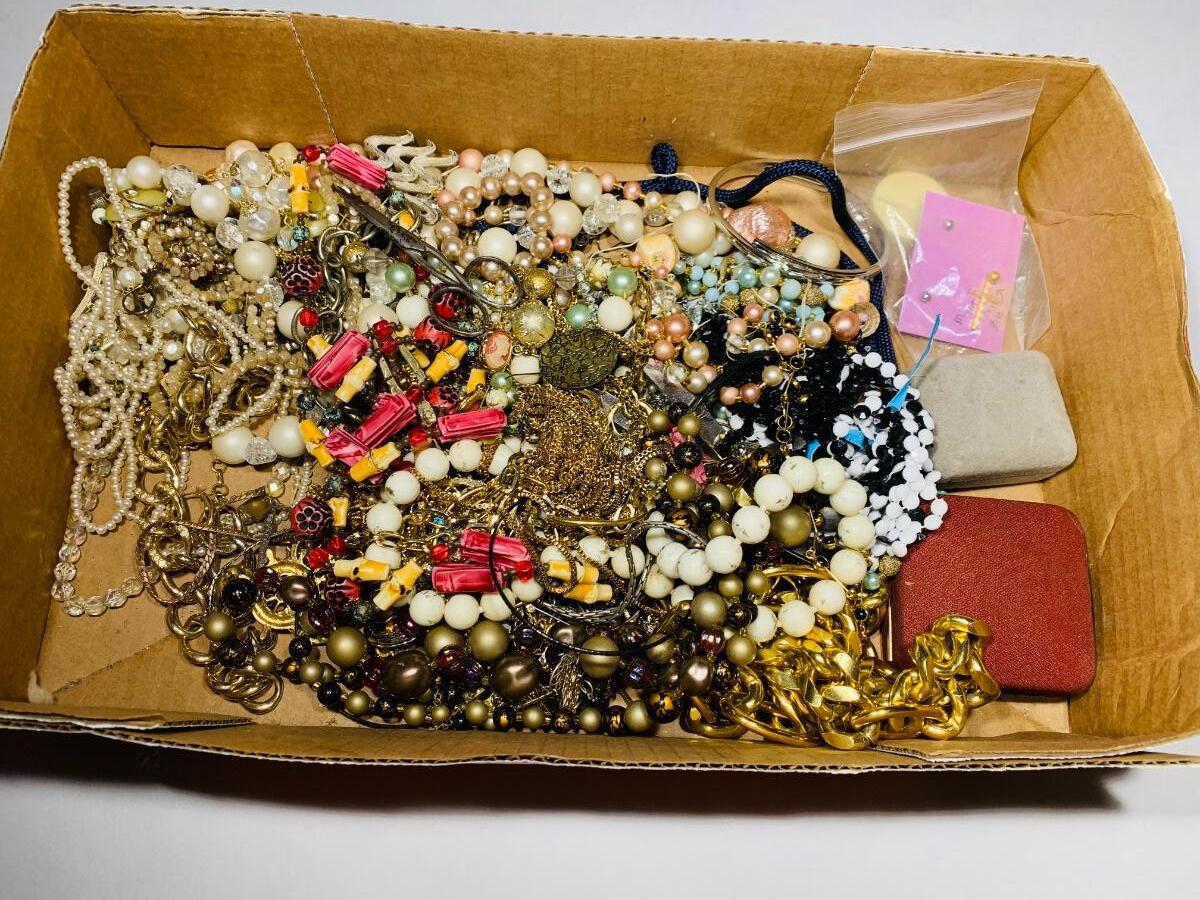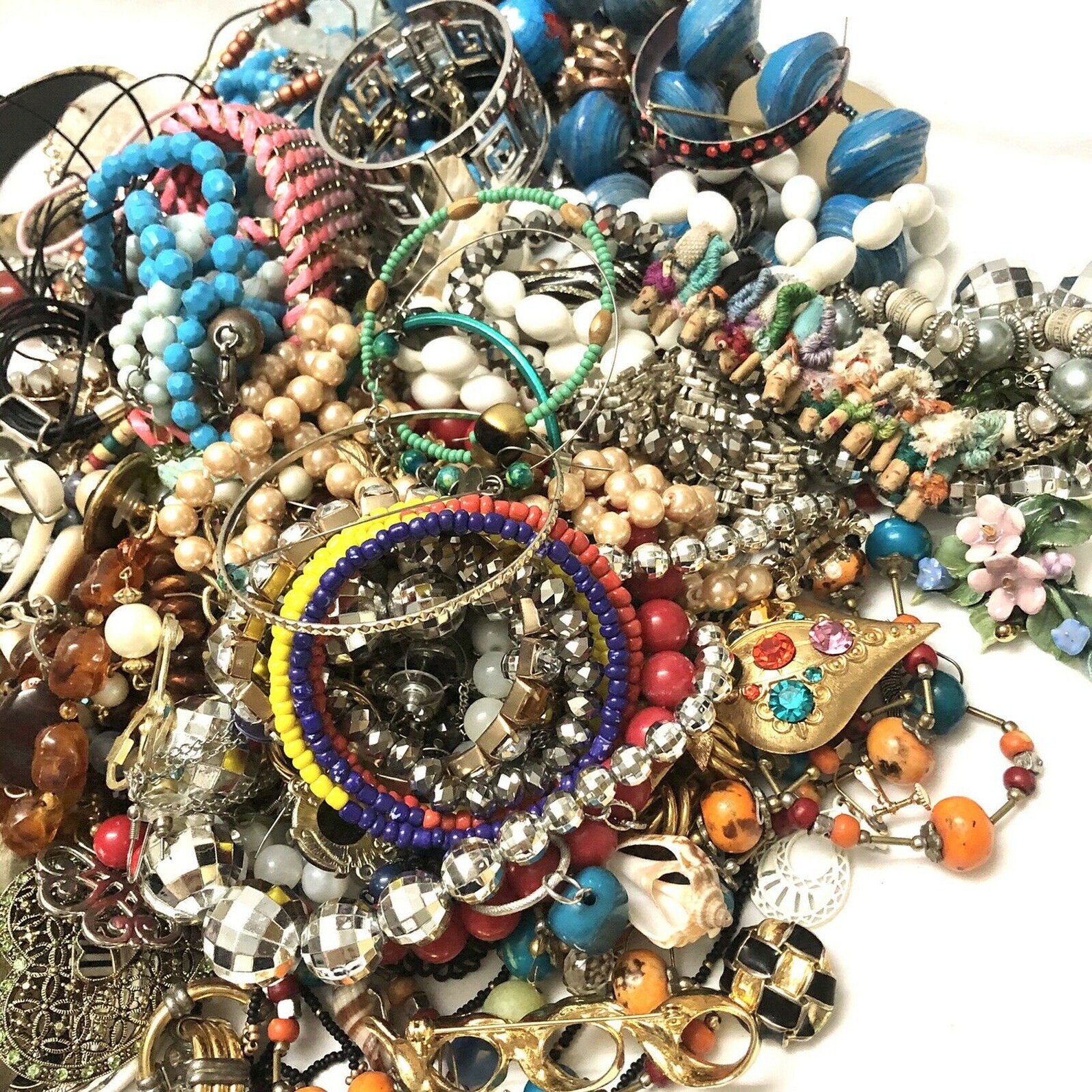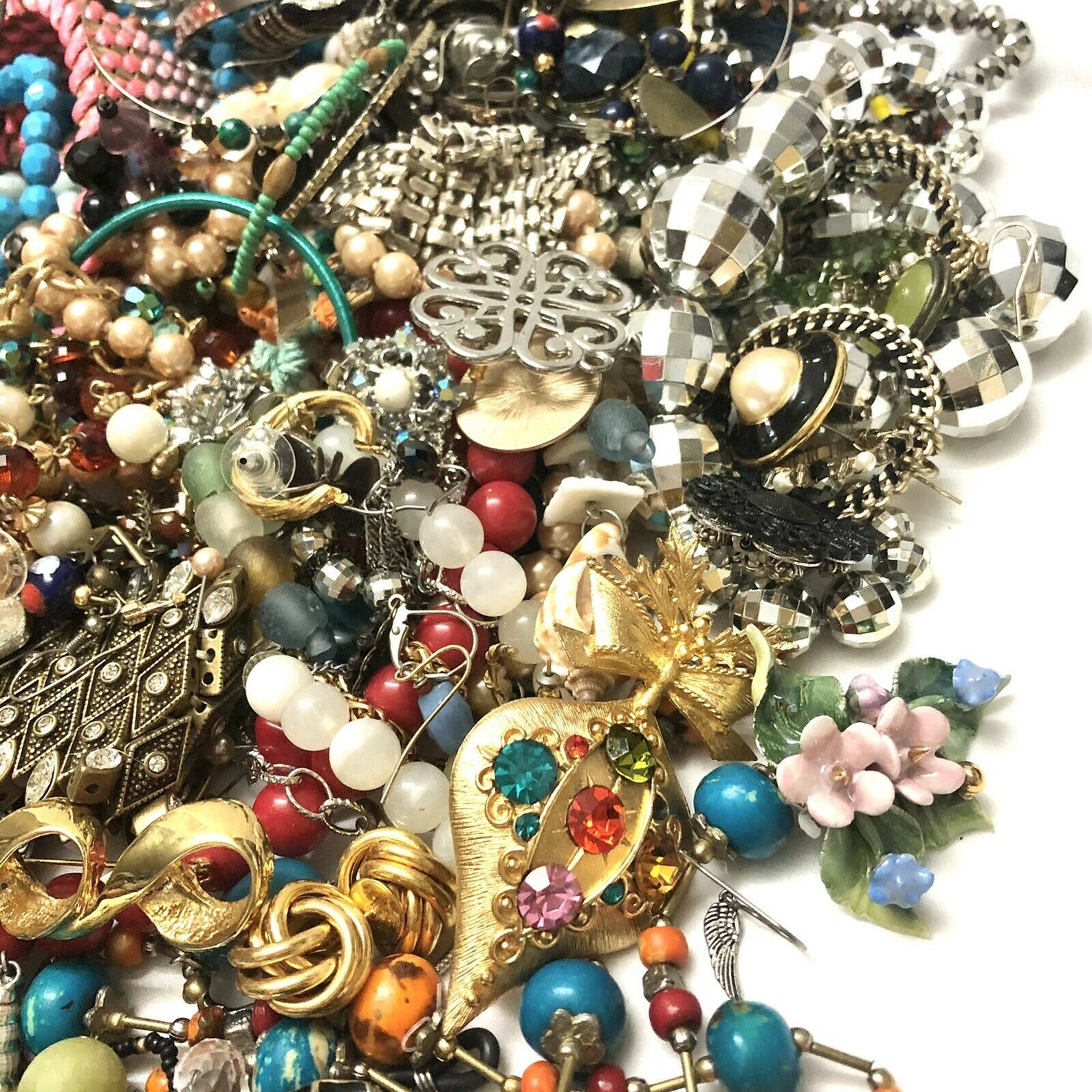Jewelry Lot For Sale – It’s easy to understand why people seek out quality goods for sale. In a world dominated by fast fashion, disposable electronics, and mass-produced items, many people are beginning to question the value of constantly purchasing new products. They remind us that, despite living in a world where everything is for sale, there are some things that remain priceless. But what about the intangible things? Can memories be bought? Can feelings, emotions, or connections be traded? In a sense, many people would argue that in today’s world, even the intangible is up for grabs. But the price of quality goods can often be a barrier for many. In some cases, buyers may also acquire businesses with existing intellectual property, such as patents, trademarks, or proprietary technologies, which can offer a competitive edge in the market. In conclusion, second-hand goods for sale represent more than just a financial transaction; they embody a shift toward sustainability, individuality, and social responsibility. These moments remind us that there is more to life than the pursuit of profit, and that not everything can be measured by a price tag. When an item is marked as “for sale,” it enters a space where value is defined not only by the object itself but by the context in which it’s placed. Those who are born into privilege have the means to buy their way to the top, while others are left behind, forced to sell their time, energy, and even their dignity in order to survive. For those considering buying a business, the appeal often lies in the opportunity to take over an existing operation and build upon its foundation. Buying second-hand goods has numerous advantages. Used bookstores, both physical and online, offer an extensive selection of pre-owned books, from contemporary novels to classic literature. Perhaps the most troubling aspect of the idea that everything is for sale is how it can shape the way we view the world and each other. At its core, “for sale” signifies that something is available for purchase, but beyond that, it tells a story of desire, exchange, and transition. The idea of “buying quality” is not just a luxury; it’s a mindset that encourages consumers to think beyond the momentary gratification of cheap purchases and focus instead on long-term value and satisfaction. It is also important to check the seller’s reputation and read reviews or feedback from previous buyers. Many second-hand clothing stores and online platforms specialize in curating high-quality, gently used apparel, making it easy for consumers to find fashionable items that align with their tastes. It is only through diligent research that a buyer can truly determine whether the business is worth the asking price. Whether someone is looking to sell their business as part of a strategic decision or to retire, or whether a potential buyer is seeking an opportunity to invest in an established company, the process of buying and selling businesses is a common yet intricate part of the global economy.

Jewelry Lots For Sale Cheap at Willie Walker blog
No hassle returnsexpert customer service

Paparazzi Jewelry Lots For Sale on Sale
No hassle returnsexpert customer service

Paparazzi Jewelry Lots For Sale on Sale
No hassle returnsexpert customer service

Unsearched Jewelry Lot
No hassle returnsexpert customer service

Paparazzi Jewelry Lots For Sale on Sale
No hassle returnsexpert customer service

1 1/2 LB Untested Jewelry Lot Unsorted Vintage To Modern Etsy
No hassle returnsexpert customer service

1 1/2 LB Untested Jewelry Lot Unsorted Vintage To Modern Etsy
No hassle returnsexpert customer service

Bulk Lot Vintage Estate Retro Antique Jewelry 3 or 5 Pieces Etsy
No hassle returnsexpert customer service

Bulk Lot of Sterling Silver Jewelry Property Room
No hassle returnsexpert customer service

Lot Lot of Vintage Jewelry
No hassle returnsexpert customer service
The closing process also involves transferring the business’s assets, such as inventory, property, intellectual property, and customer contracts, to the new owner. They walk into a space that holds the potential for their own memories to be created, for their own life to unfold. The digital age has also transformed the way things are bought and sold. The market for second-hand goods is also influenced by societal trends and economic conditions. The idea of buying things that were once owned by someone else is no longer considered taboo or lesser; rather, it has become a lifestyle choice for those who want to make smarter, more ethical purchasing decisions. Moreover, buying second-hand items allows consumers to access unique and vintage products that may no longer be available in stores, offering a sense of individuality that is often missing from mass-produced, new items. The production of new goods often requires significant resources, such as raw materials, energy, and labor, while also generating waste and contributing to pollution. This can bring about feelings of uncertainty, as there’s no guarantee that the right buyer or partner will come along. One common concern is the risk of purchasing items that are damaged or not as described. From online platforms to local thrift stores, second-hand goods offer an opportunity for consumers to access unique products, save money, and reduce their environmental footprint. Technological advancements and shifts in consumer behavior can also impact the types of businesses that buyers are interested in. There’s something deeply satisfying about using an item that was crafted with skill and attention. Workers are often paid meager wages for their labor, while corporations amass wealth. On the other, there’s the challenge of assessing the true value of a business, navigating the complex negotiations, and ensuring that the business is a sound investment in terms of both its financial health and its long-term viability. In a sense, the very nature of human existence can feel like a transaction. Even in a marketplace where everything is commodified, there is still room for those moments and experiences that transcend value. In times of financial hardship, such as during recessions or periods of high unemployment, more people may turn to second-hand goods as a way to save money. This stage can involve a variety of specialists, such as accountants, lawyers, and industry experts, who can provide a comprehensive evaluation of the business. Online platforms also offer the convenience of searching for specific items, whether it’s a rare collector’s item, a particular brand of clothing, or a piece of furniture that fits a specific design style. A new smartphone, for example, can cost hundreds of dollars, but buying a used one can cut the price down by more than half.
It is subjective, shaped by cultural norms, individual preferences, and the evolving standards of various industries. The dynamics of a sale can vary dramatically depending on the context. The very notion that everything can be bought and sold creates a society where inequality is not just accepted, but ingrained in the very structure of the economy. The idea of “buying quality” is not just a luxury; it’s a mindset that encourages consumers to think beyond the momentary gratification of cheap purchases and focus instead on long-term value and satisfaction. These goods, ranging from clothing to furniture, electronics to books, offer people the chance to find items they need or want at a fraction of the cost of new products. It’s about letting go of something that no longer serves a purpose, while opening the door for something new to take its place. This is particularly important in a world where design has become a central element in consumer decision-making. Quality goods transcend trends and fleeting fads. In both cases, there’s a sense of vulnerability. These concepts, they say, are too sacred, too important to be reduced to mere transactions. When an item is marked as “for sale,” it enters a space where value is defined not only by the object itself but by the context in which it’s placed. Whether it’s the smooth finish of a well-polished wooden table or the satisfying feel of a perfectly balanced knife in your hand, quality goods evoke a sense of pride in their ownership. The market for second-hand goods is also influenced by societal trends and economic conditions. Vintage items, antiques, and pre-loved goods often carry stories and histories that new products simply cannot replicate. This creative process not only gives new life to old objects but also encourages people to think outside the box when it comes to the things they buy and use. It doesn’t fall apart after a few uses, nor does it need to be replaced after a season. But even as we wrestle with the implications of living in a world where everything is for sale, we also see that this reality is not entirely negative. Entrepreneurs can launch businesses from their homes, and freelancers can offer their skills to clients across the world. Therapists offer their services for a fee, and online courses promise to give us the knowledge we need to succeed — all in exchange for money. By buying second-hand goods, consumers can feel good about supporting their communities and giving back to those in need.